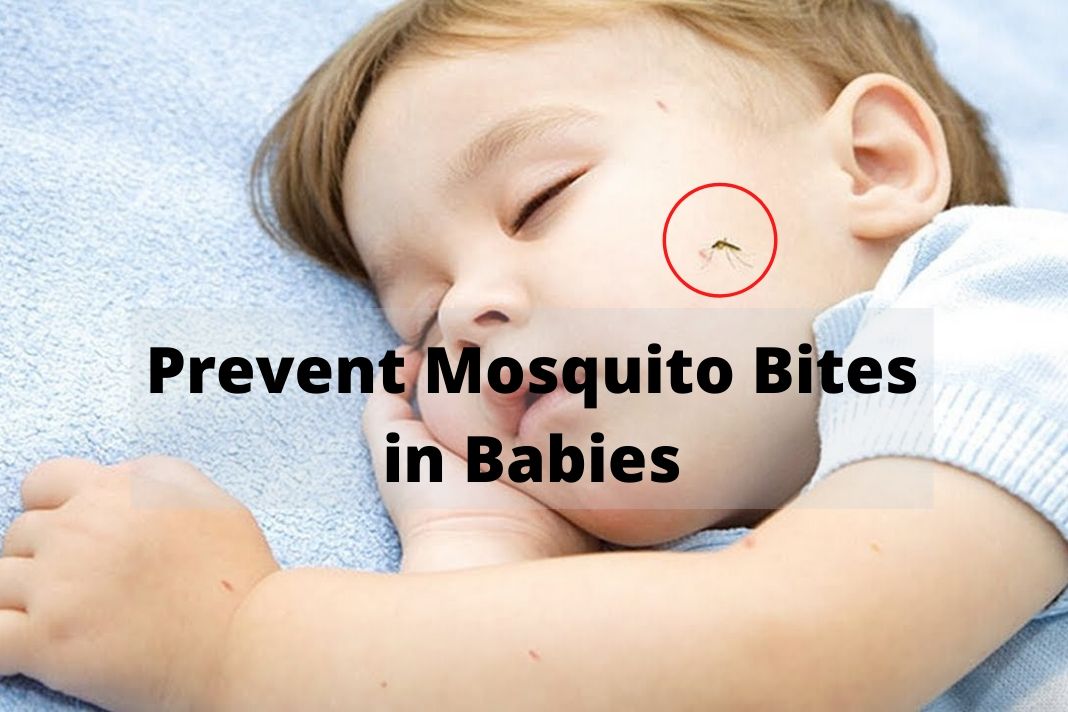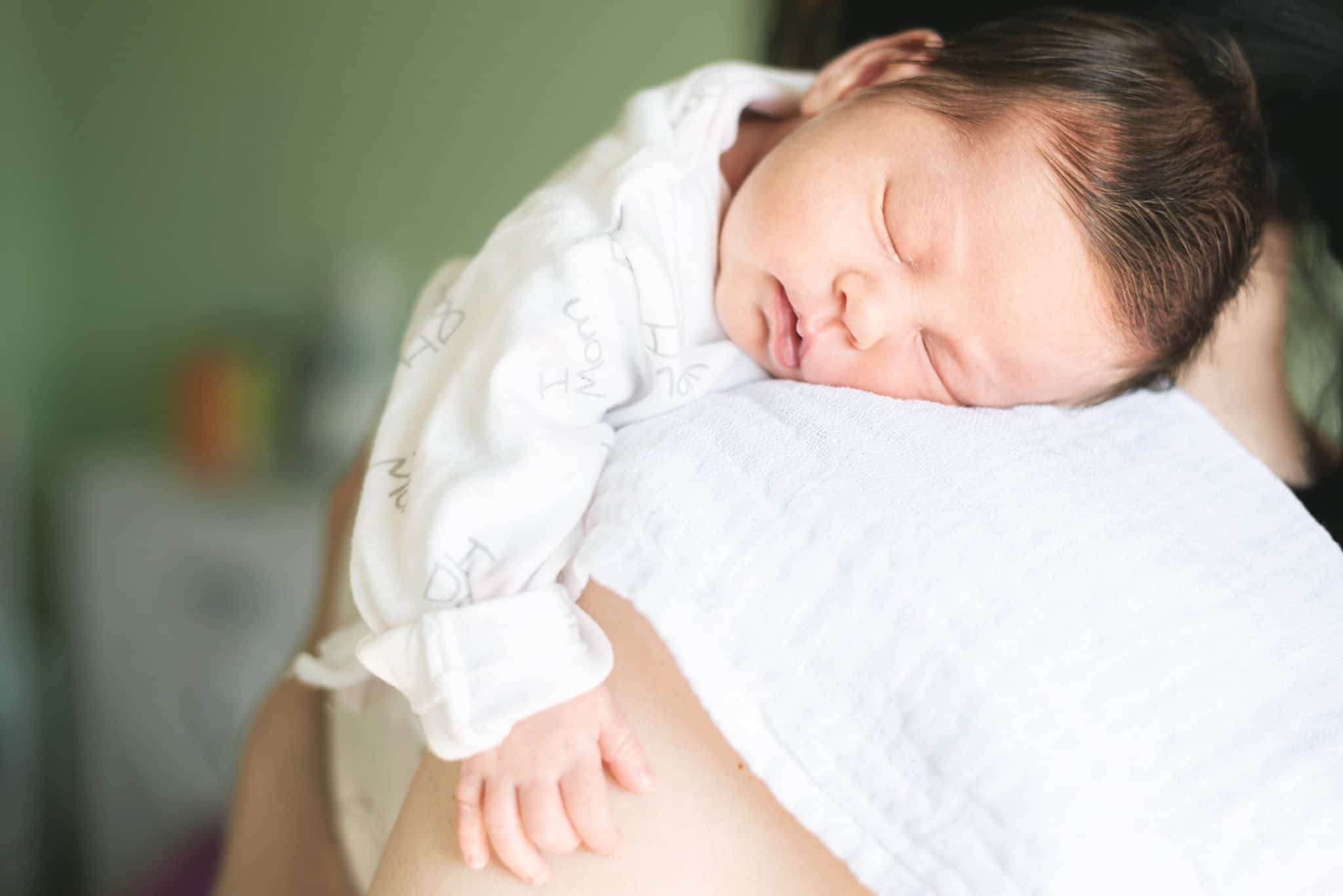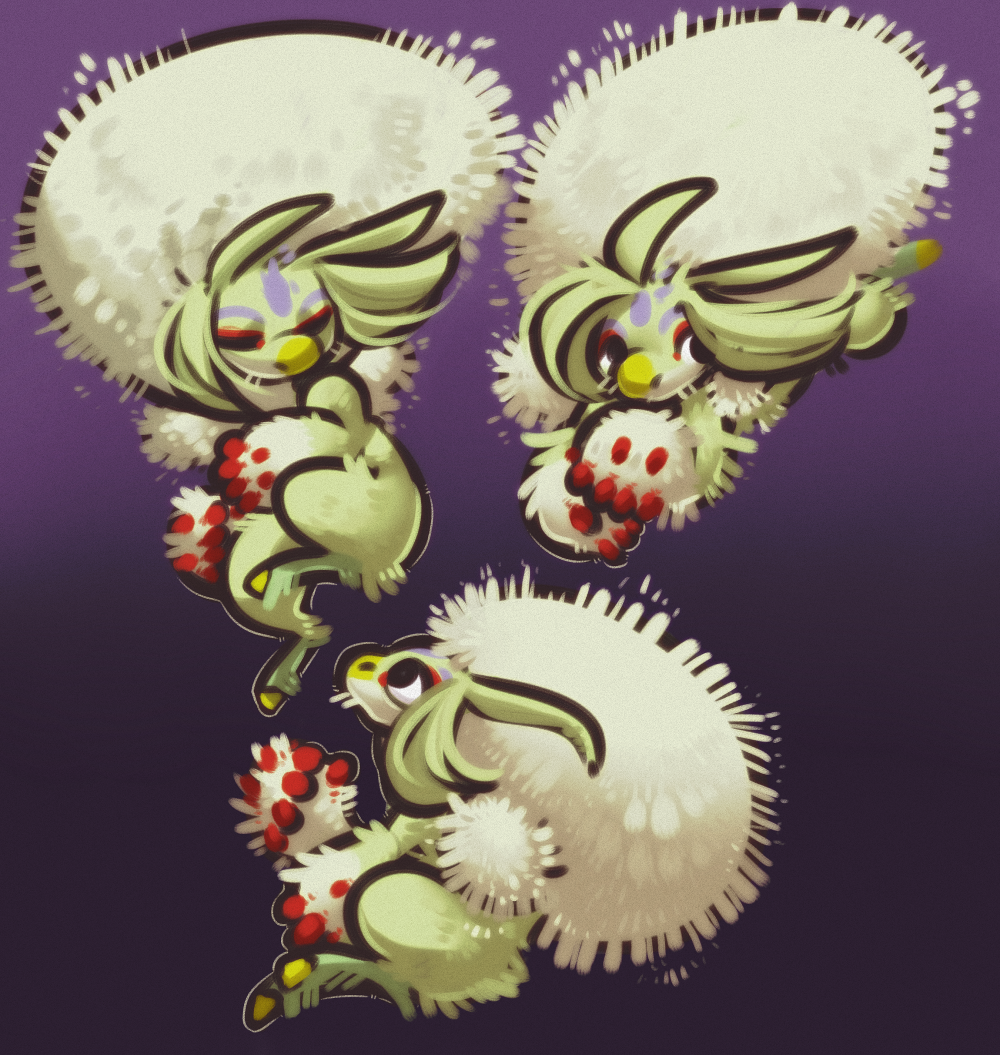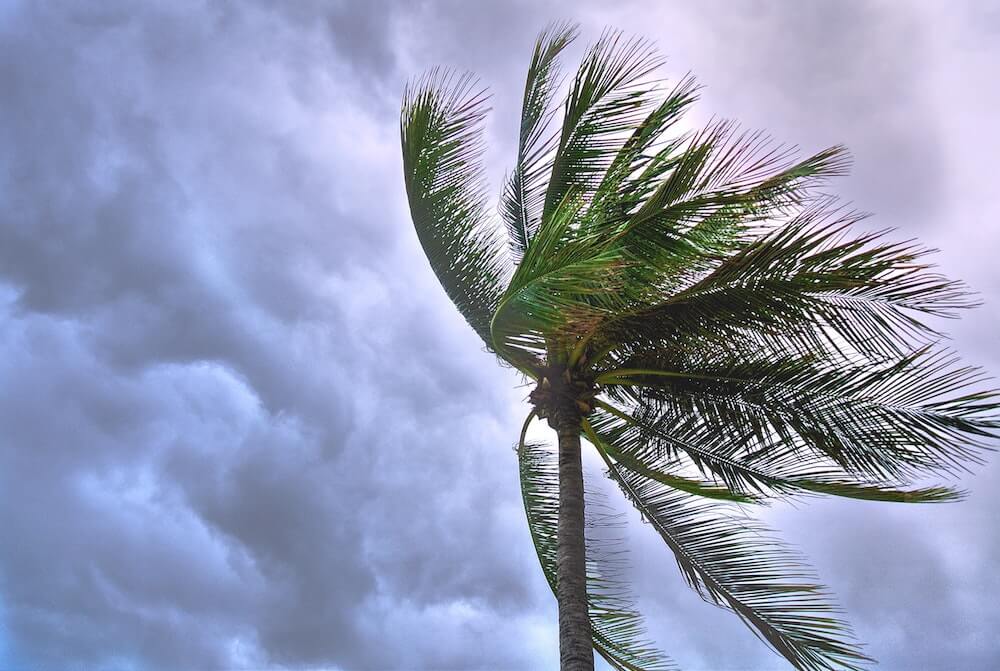Best Tips About How To Prevent Wind In Babies

Patting or rubbing your baby's back is the best way to bring up wind.
How to prevent wind in babies. With your baby's chin resting on your shoulder, support the head and shoulder area with one hand, and gently rub and pat your baby's back. Sit your baby on your lap with one hand under their chin and the other on their back and gently rub or pat their back. It usually doesn’t need treatment.
Flatulence, or passing wind, is normal and necessary. What causes wind in babies? Foods that can make your baby windy if you are breastfeeding (fodmaps) | calming colic.
While feeding, ensure they’re upright and not curled up. The truth is, we all know how uncomfortable trapped wind can be. Patting or rubbing your baby's back is the most effective way to get her to bring up wind.
This helps the bubble of wind to rise. Your baby may want to finish feeding without being. Use gentle back rubbing and patting for a few minutes to bring up any wind.
Many babies like to burp. Winding your baby during or after feeds helps relieve the discomfort by releasing this trapped ‘wind’. They can get rid of wind by burping or farting (passing wind from their bottoms).
If children are passing wind a lot and also have a sore tummy. Unfortunately, there’s no evidence that. Swallowing too much air when feeding is the most common cause of baby wind.
With swallowed air, you have an opportunity to release it upwards which is often the easiest way out. Always have a cloth or muslin. What can i do?
In terms of helping to prevent wind in the first place, there are a few things to consider. Let your baby take the lead on when to burp. To help reduce the risk of trapped wind, you should try to burp your baby after.
When you are feeding your baby, try to make sure they are. Over the counter colic drops, like infacol wind drops or infants’ friend oral liquid may help to bring up wind or air trapped in your baby’s tummy and can relieve. Air swallowed must go somewhere, up or down.
How to burp your baby: Babies have an immature digestive system, which makes it difficult for them to digest the milk they consume and thus it may cause. Breast milk, , colic, breastfeeding, maternal diet,.

















